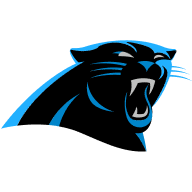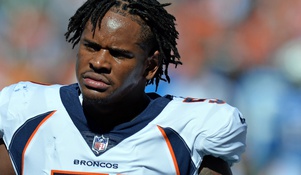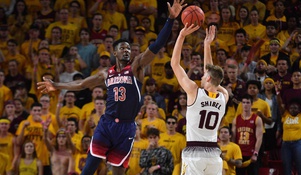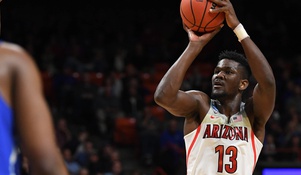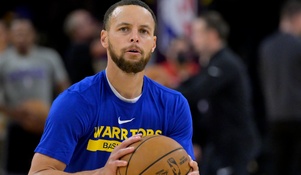Why the Super Ownership Group Won’t Happen, and What It Says About the NFL
Before we dive in here, allow me to lead you all through a timeline of recent events. On December 15, 2017, with no prior prompting, the Carolina Panthers announced that they were opening an investigation into Jerry Richardson, the owner of the franchise, for workplace misconduct. This sudden decision was given context two days later, when Sports Illustrated’s Jon Wertheim and freelance writer Viv Bernstein published an expose of the owner of the Carolina Panthers, Jerry Richardson, in which former and current female employees accuse Richardson of instances of sexual harassment going back several decades. These allegations are damning and they are most likely true.
The next day, Richardson released a statement where he announced his intention to sell the Panthers at the end of the season. Notably, this statement did not acknowledge the pending allegations against him. Late on December 18th, after Richardson had released that statement, rap mogul Sean “Puff Daddy” (or any number of other nicknames) Combs tweeted, “I would like to buy the Panthers. Spread the word. Retweet! There are no majority African-American owners. Let’s make history!” This tweet was followed up about an hour later with a response from NBA superstar and Charlotte native Stephen Curry, who said simply, “I want in!”, and the next morning by the NFL’s most polarizing figure, Colin Kaepernick, who “wants in on the ownership group,” and wants to “make it happen!”
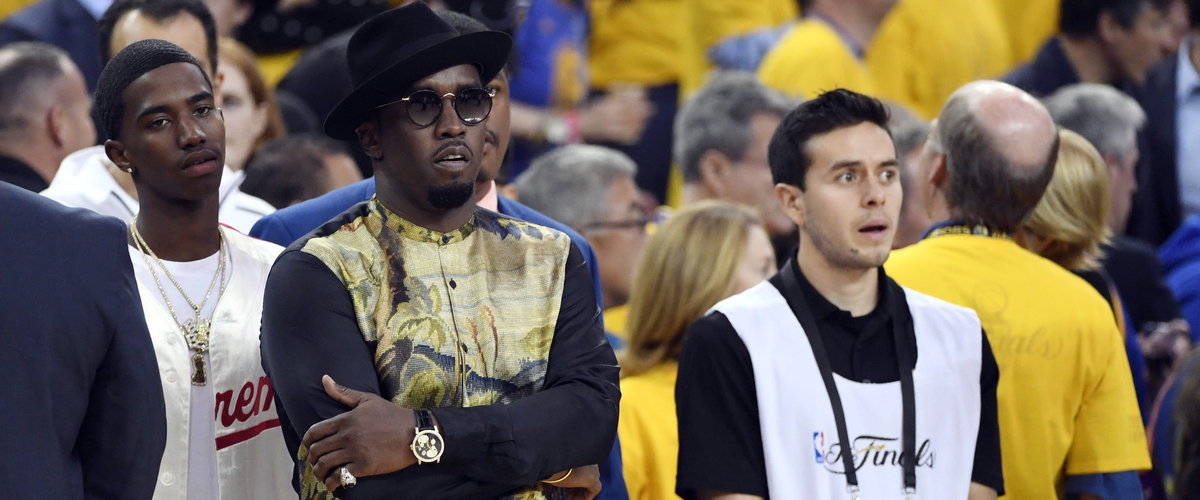
The Panthers are currently valued at $2.3 billion, a number too large for even super-rich men like Combs, whose net worth totals $820 million per Forbes, and Curry, who just signed a 5-year, $201 million-dollar extension with the Golden State Warriors, to reach through a combined effort. So, if they and Kaepernick are serious about buying the Panthers, they would need other seed investors- an action which, per Yahoo Sports, Kaepernick is currently undertaking. His goal is to create an ownership group that most accurately reflects the racial makeup of NFL players, 70 percent of whom are African-American.
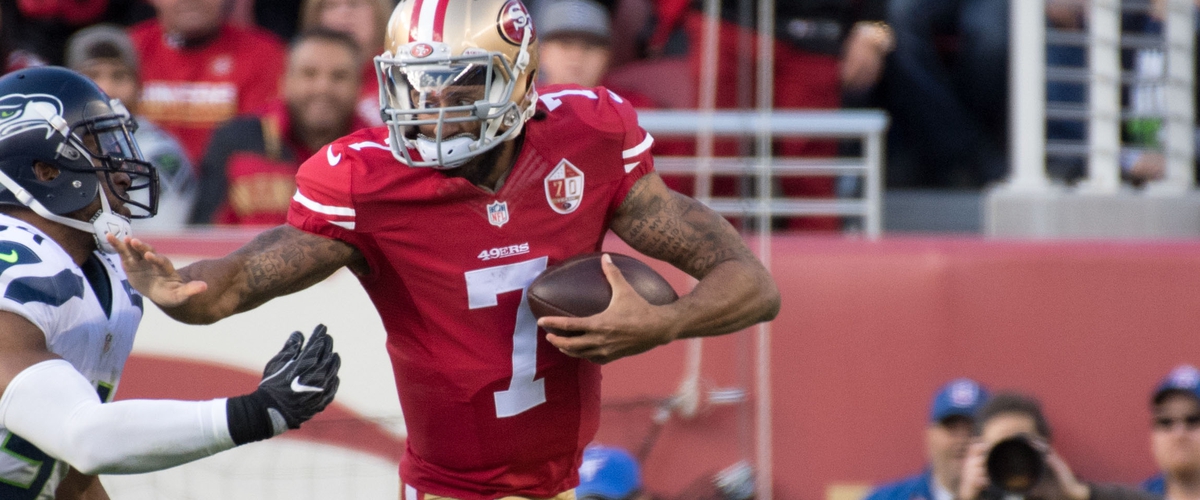
It’s possible and maybe even likely that this terrific trio never formally submits a bid to buy the Panthers, but let’s walk through this fascinating thought exercise anyway, starting with its longshot nature. It’s unlikely that this so-called “Black Power” ownership group gains much traction in their pursuit of purchasing the Panthers, for several key reasons. First, none of the headlining figures in this potential bid has much of a connection to the Panthers, and with multiple sources reporting that prominent figures from the greater Charlotte area, many of whom work in the banking industry (one of Charlotte’s most profitable fields), are interested, the NFL is likely to sell the franchise to one of those hometown collectives instead of a celebrity cabal. Secondly, of the three headliners of this bid, only Combs has a proven track record of business success, and owning a football franchise is, essentially, running a business. Sure, Steph Curry has dipped his foot in the Silicon Valley water- hard not to when you’re rich and famous and have lived in the Bay Area for a decade- and Kaepernick’s donations prove that he knows a good investment when he sees one, but those are small-scale compared to running a sports team.
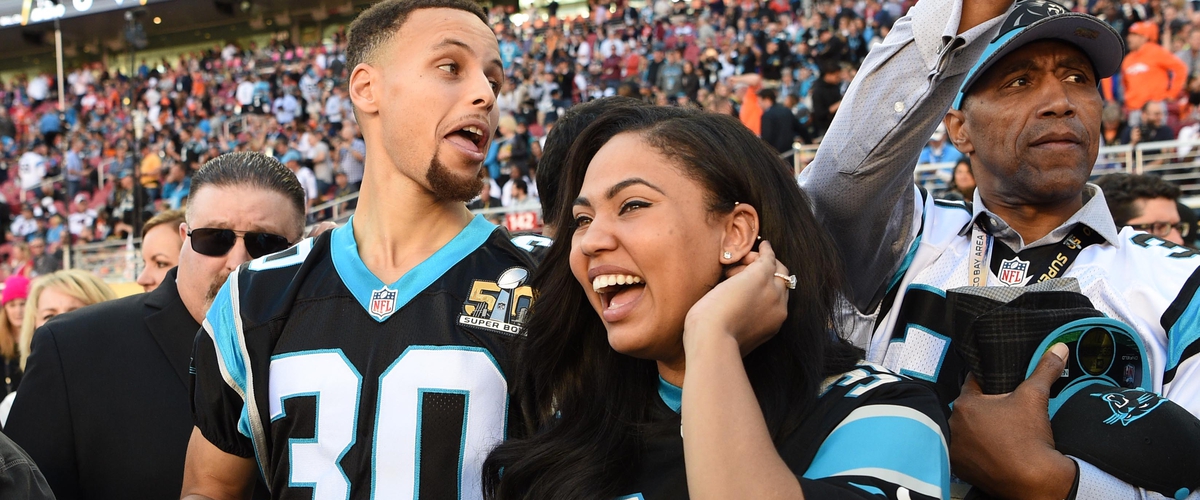
Those two arguments are actually legitimate reasons to deny the super group the Panthers, and might be the explanations given for why other prospective buyers are taken more seriously. However, neither will be the real reason why Combs, Curry, and Kaepernick walk away empty-handed from the negotiating table. That is because the league currently has no Black owners, and for many reasons, it is far from in a position to make that history right now. From Kaepernick’s (in)formal banishment to the totally botched handling of player protests early this season, the optics of the NFL, a business run by 30 old white males that appeals to a generally conservative audience, selling one of its precious franchises to a group headlined by three Black males are terrible for many reasons. Conservative fans would call it caving to pressure with some possibly threatening to boycott, some liberal fans would rejoice while others (Black fans mainly) would cynically say the league is essentially giving Black fans hush money, knowing that one majority-Black ownership couldn’t enact any drastic changes without the approval of the majority of other league owners. It’s almost a no-win situation for the NFL, a testament to the super-sized hole Roger Goodell and company have dug for themselves over the past few seasons.
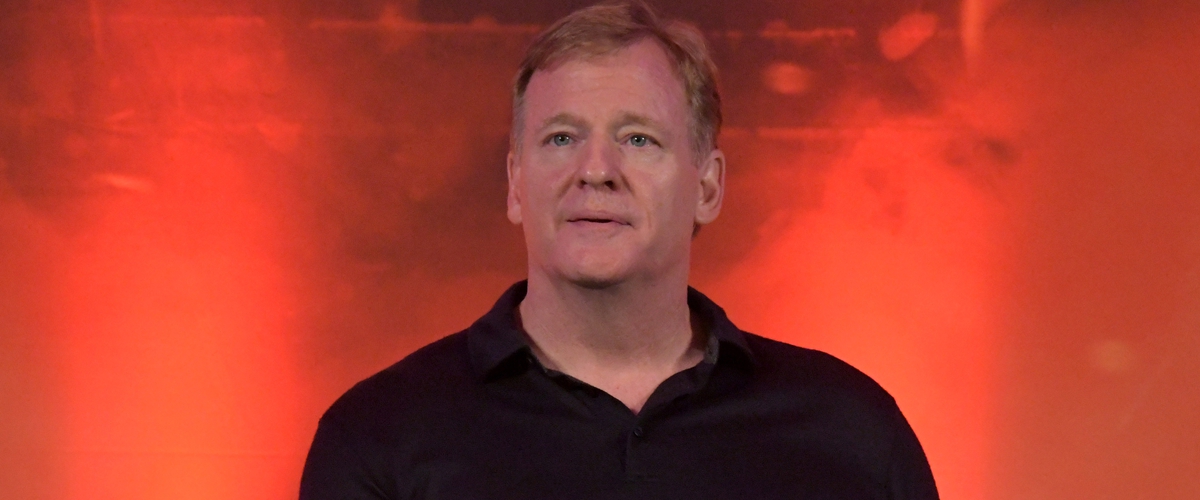
Is denying Puffy Combs, Stephen Curry, and Colin Kaepernick’s ownership bid for the Carolina Panthers really a big deal in the grand scheme of the NFL’s business? No, not at all- it was and always will be a longshot bid for many reasons, and the way that the NFL is structured, one ownership group can only affect so much change. However, assuming the trio actually follow through and place a formal offer on the Panthers, the official bid rejection will just serve as the latest in a seemingly endless line of optical failures. From the attempted cover-up of concussions and their link to CTE to nearly every star player getting hurt this season to the forced and impossibly lukewarm support of player protests, the NFL can’t seem to stop getting in its own way. While the long-term future of football is still very much a question and the NBA has taken over the moment-to-moment zeitgeist, the NFL remains the most popular sport in the US ratings-wise due to activities like gambling and fantasy football. There’s a relatively easy path to it regaining cultural supremacy, but that path includes a concept the league office frustratingly refuses to embrace: doing the right thing.

